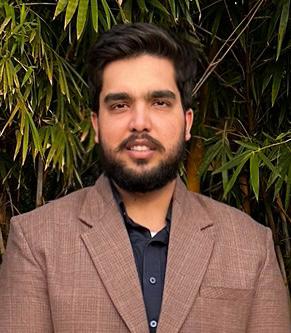Items made from paddy straw can replace plastic: Researchers
A professor and a research scholar from the Punjab Engineering College (PEC) have developed a mechanism to use paddy straw, rice husk and sugarcane bagasse for manufacturing biodegradable composites — through a chemical-free process — which can be used to manufacturing daily-use items replacing plastic.
Paddy straw and bagasse contribute a lot to environment pollution as both these leftovers are burnt by farmers.
Reetha, neem used to clean fibres
While chemicals are mostly used to clean fibres before putting them into manufacturing process, the researchers have instead used ‘reetha’ and ‘neem’, which gave them the same results. “We used ‘reetha’ for cleaning and ‘neem’ to prevent fungal growth. This is crucial step to provide the workforce with sustainable and health friendly methods as both these components are purely natural,” said Prof Sarbjit Singh.
The research has been published in international journals Industrial Crops and Products and Science of The Total Environment.
Prof Sarbjit Singh and research scholar Vikas Yadav prepared a composite material by mixing bagasse with polyactic acid, which is derived from corn. The mixture is put into an ‘injection moulding machine’, after which the final composite material is derived.
The product is as per the standards of American Society for Testing and Materials — an organisation that establishes voluntary consensus standards for materials, products, systems and services.
“The composite can be used in a lot of things, especially those which do not undergo wear and tear. We use a pen hardly for a month and discard it. A pen is non-biodegradable because it is made of plastic or synthetic fibres. On the other hand, a pen made of the composite material that is derived from natural fibres once thrown away will decompose quickly because it is biodegradable,” Prof Singh explained.
The process, if adopted by the industry, can prove as a boon for environment, consumers and workers who are engaged in industrial production, believes Vikas Yadav.









